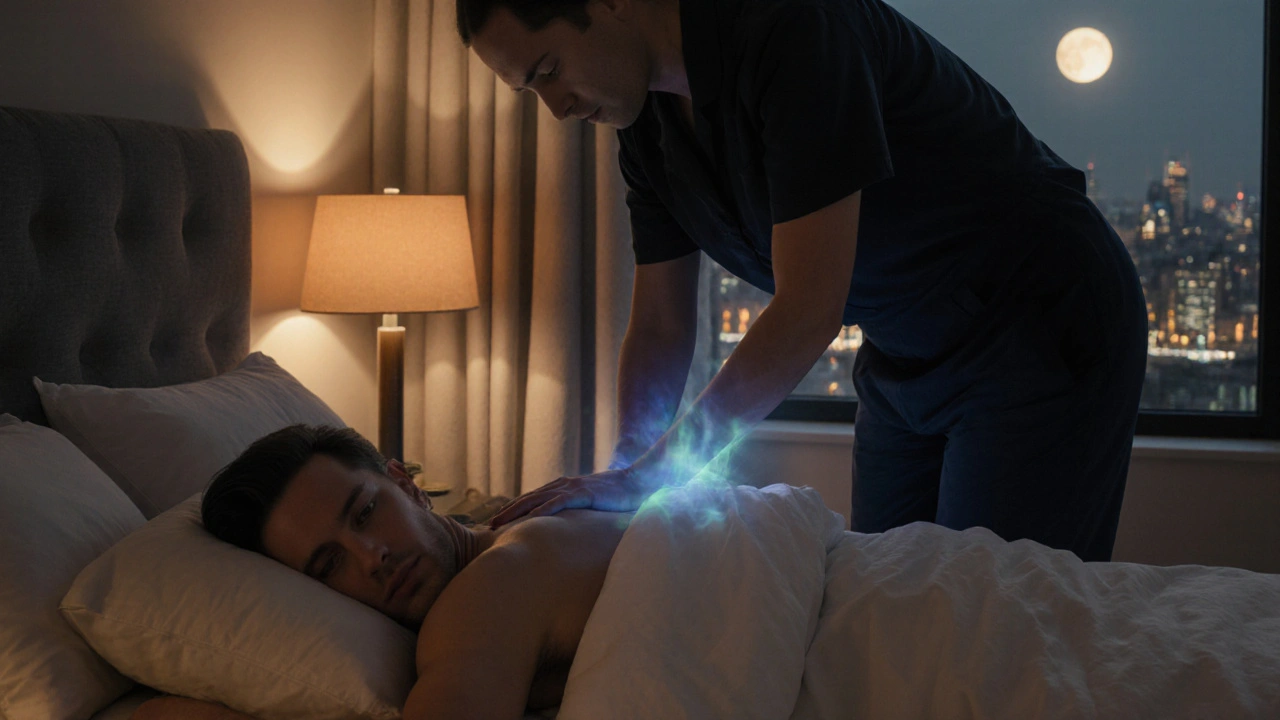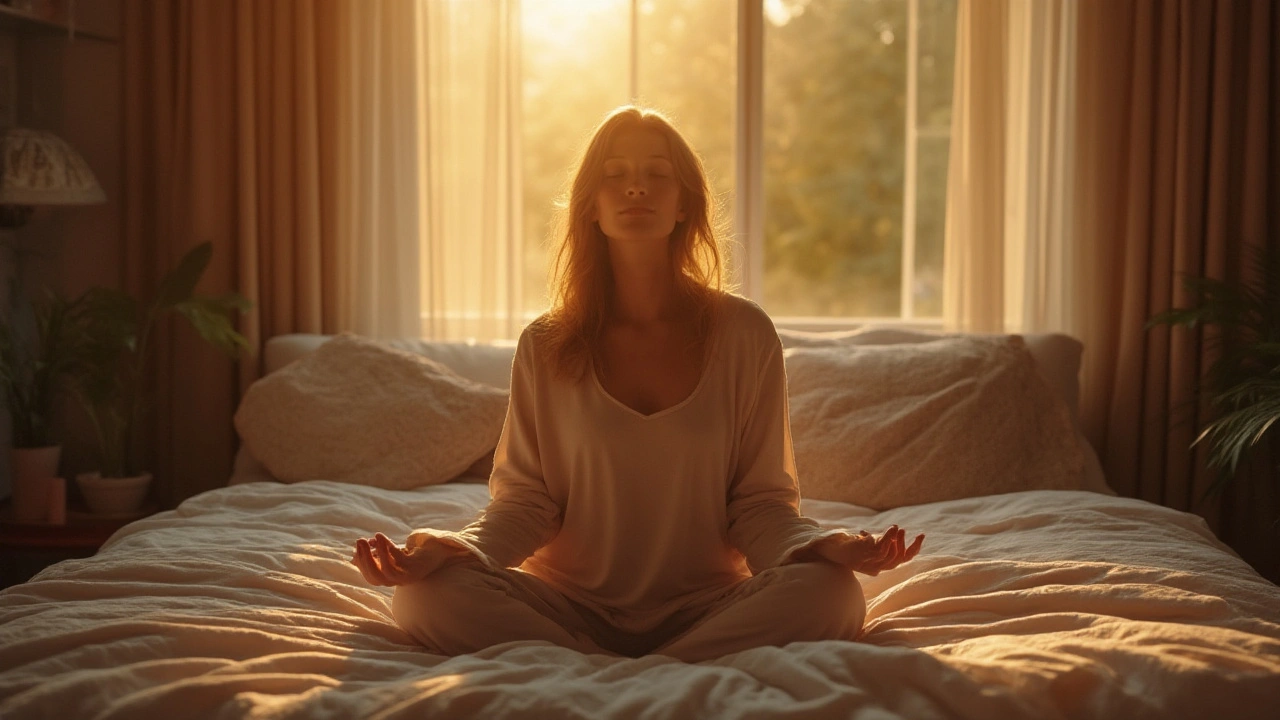Discover how body massage lowers stress hormones, boosts melatonin, and creates a deeper, more restful sleep. Learn the best massage types, find London therapists, and get practical tips for a good night's rest.
Better Sleep with a Good Massage in London
If you toss and turn, a massage might be the quickest fix you haven’t tried yet. A few minutes of focused pressure on your scalp, neck, or back can calm the nervous system, lower cortisol, and signal your body that it’s time to wind down. The result? You fall asleep faster and stay asleep longer.
Why Massage Helps You Sleep
When a therapist works on tight muscles, they also boost blood flow and release endorphins. Those chemicals reduce stress and create a natural feeling of wellbeing. In practical terms, you’ll notice a slower heartbeat, deeper breathing, and a relaxed mind – the exact recipe for a good night’s rest.
Studies from local wellness centers show that regular sessions, even once a week, can cut the time it takes to fall asleep by up to 30 minutes. The effect is strongest when you choose a style that matches your needs. For example, an Indian head massage focuses on the scalp and temples, easing tension that often keeps you awake. A Swedish massage works the whole body, promoting overall relaxation. If you prefer something more active, a Thai massage stretches muscles and releases stored energy, leaving you both calm and refreshed.
Picking the Right Massage for Better Sleep
Here’s a quick guide to help you choose:
- Indian Head Massage – ideal if you feel mental fog or scalp tension. It’s short, usually 20‑30 minutes, and can be done in a quiet corner of a London spa.
- Swedish Massage – great for people who need full‑body relaxation. Gentle strokes ease tightness and lower stress hormones.
- Deep Tissue or Sports Massage – best if you have chronic muscle knots that keep you uncomfortable at night. It’s more intense, so schedule it earlier in the day.
- Thai Massage – perfect for those who enjoy a bit of movement. Stretching combined with pressure can reset your body’s rhythm.
Ask the therapist about a “sleep‑boost” session. Many London studios now offer a 30‑minute evening slot aimed specifically at preparing you for bedtime.
To get the most out of any massage, follow these simple steps:
- Book your appointment at least a few hours before you plan to sleep – this gives your body time to settle.
- Stay hydrated before and after the session; water helps flush out toxins released during the massage.
- Dim the lights, play soft music, and avoid screens for at least 30 minutes post‑massage.
- Try a short breathing exercise – inhale for four counts, hold for four, exhale for six. Your therapist can guide you.
Consistent routines make a huge difference. If you can turn a weekly massage into a habit, you’ll likely notice a steady improvement in sleep quality over a month.
London offers a range of spots, from boutique studios in Central London to outcall therapists who bring the treatment to your home. Look for reviews that mention “relaxing” and “helped me sleep.” A therapist who tailors pressure to your comfort level is key – never settle for a one‑size‑fits‑all approach.
Bottom line: a good massage isn’t just a luxury; it’s a practical tool for better sleep. Choose the style that feels right, follow the simple after‑care tips, and you’ll be drifting off sooner than you think.
Explore how Thai massage helps you fall asleep faster, improves sleep quality, and tackles insomnia. Practical tips, session insights, and answers to FAQs included.


